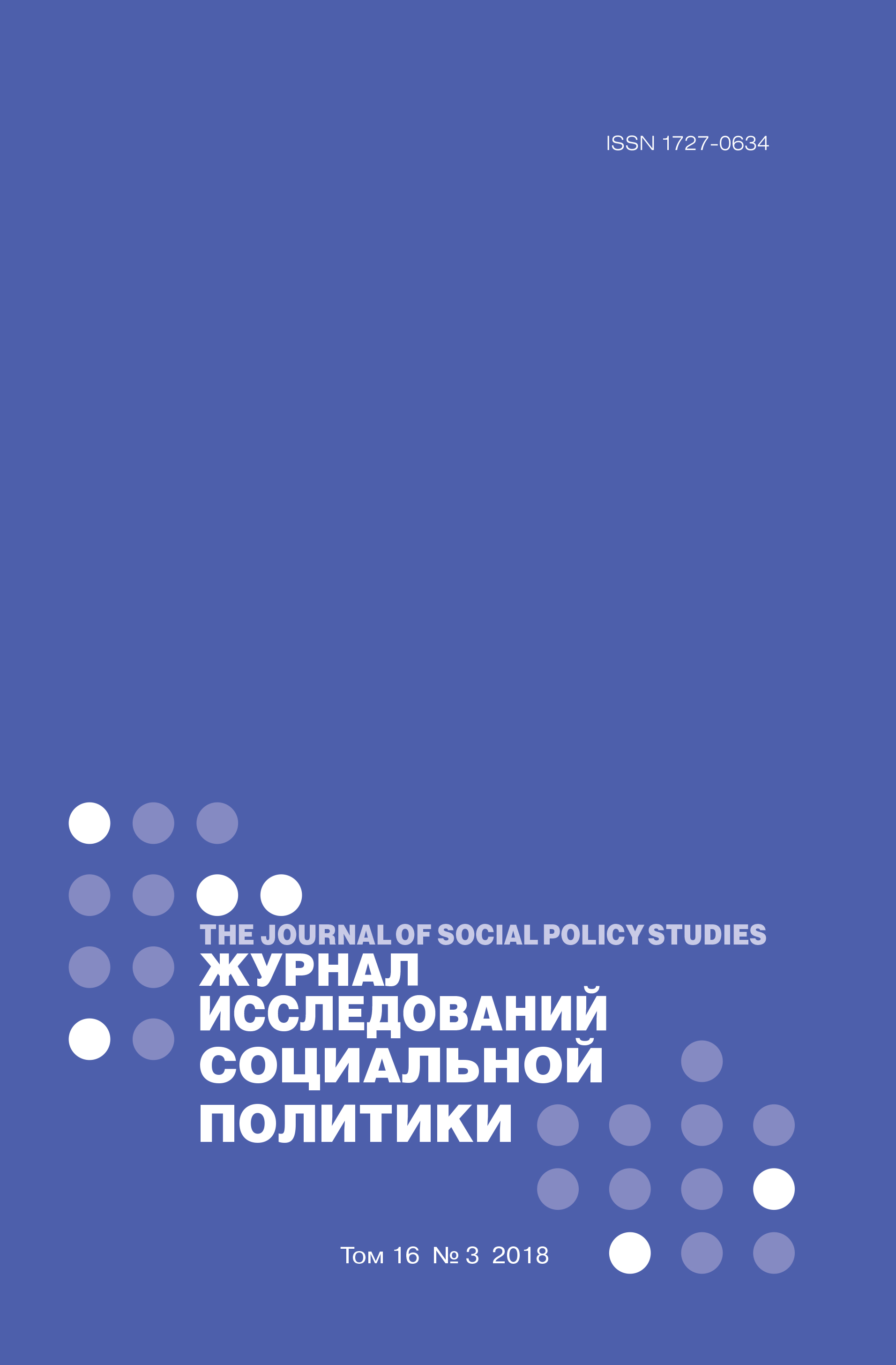Gender (In)equality in the Kindergarten: Mother’s Narratives on Hidden Curriculum and Girl’s Identity
Abstract
Anastasia Cheredeeva - graduated student at Social Sciences Faculty, National Research University
'Higher School of Economics', Moscow, Russian Federation. Email: cheredeeva.a@gmail.com
Olga Savinskaya – candidate of sociological sciences, associate professor, Department of Sociology of the National Research University 'Higher School of Economics', Moscow, Russian Federation. Email: osavinskaya@hse.ru
The article explores the pre-school girlhood as a culture which effects on construction of gender identity. It is based on the example of studying the maternal reflection of preschool education of girls in kindergarten. The empirical base of the research contains 11 interviews with mothers of girls at preschool
age and 4 dyadic interviews (with both mothers and daughters aged 4–7) gathered in spring 2016. One of the goals of the study is to detect the elements of 'hidden curriculum' – the latent system of norms, which implicitly broadcast gender standards. Analysis of the variety of practices and aspects of kindergarten (educational programs, after-dinner sleeping, game playing, communication etc.) shows that 'hidden curriculum' permeates the entire daily routine of preschool-aged children. Analysis of the collected interviews shows that mothers support the gender order of the child’s education and care in kindergarten, putting forward their arguments of consent and justification of the educational practices embodied in the kindergarten routine. Cooperating with kindergarten’s teachers, they producing a 'hidden curriculum' that imposes the traditional model of femininity; this creates socialization practices that set a narrow framework for the construction of girl gender identity, depriving girls of the opportunity to follow the individual educational trajectory and to develop their own unique personality. The gendered 'hidden curriculum' proves to be an effective mechanism for both formation of the preschool girlhood and the
starting framework for further gender socialization at school. As a matter of fact, the kindergarten prepares girl not only to learn in school but to be a good 'schoolgirl', which is assume the assimilation the social-determined norms prescribed for appropriate girls behavior and attitudes.















